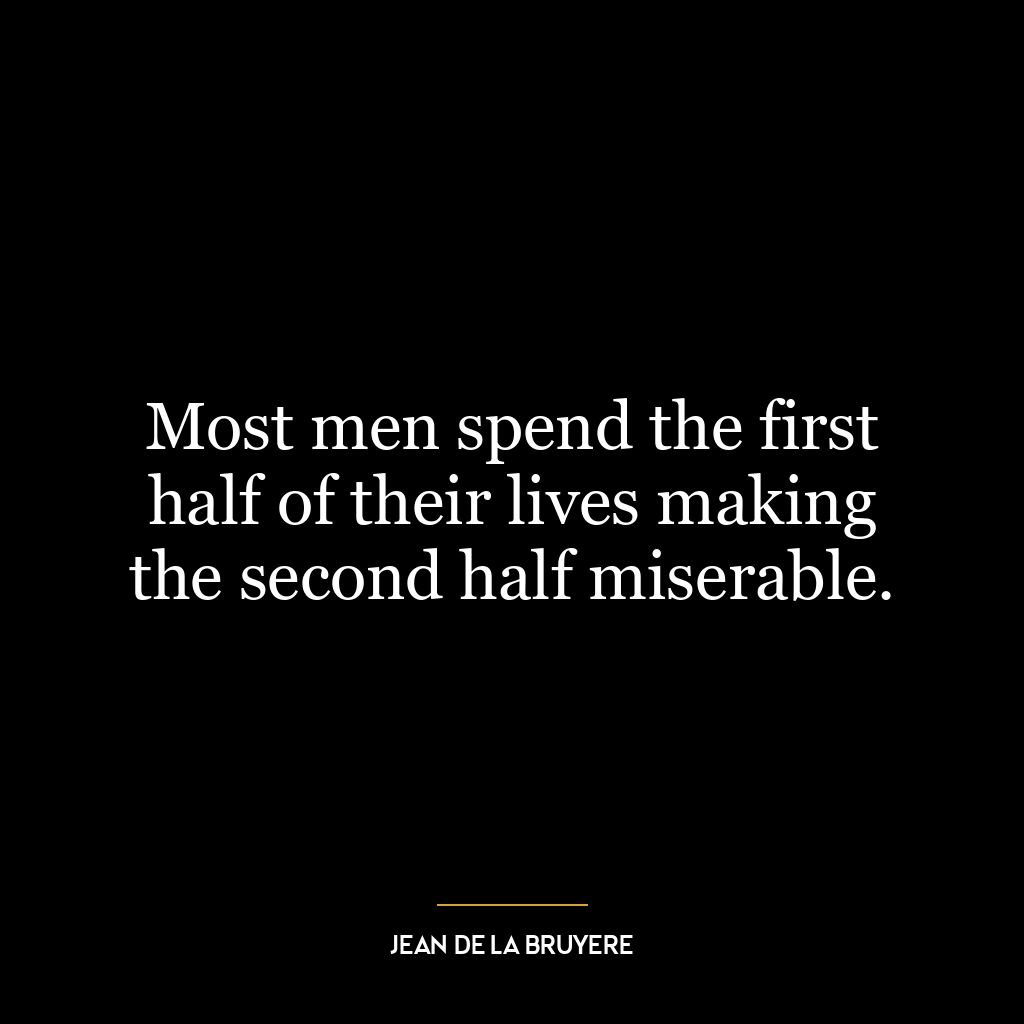Every man is guilty of all the good he did not do.
This quote underscores the moral obligation of every individual to do good whenever they have the opportunity. It suggests that failing to act positively, when one has the capacity to do so, is equivalent to committing a wrong. It’s an invitation to proactive kindness, rather than passive indifference.
The essence of this quote can be seen in the concept of “sins of omission,” which refers to the wrongs we commit by not doing something right that we could and should have done. This idea challenges the common perception of guilt, which is often associated with actions we’ve taken, rather than those we’ve failed to take. It proposes that the absence of good acts can be as harmful as the presence of bad ones.
Applying this idea to today’s world, one could draw parallels with social, economic, and environmental issues. For instance, if one is aware of the environmental crisis and has the means to contribute to its resolution (like reducing waste, recycling, or using renewable energy) but chooses not to, according to Voltaire’s perspective, they would be guilty of the good they did not do.
In terms of personal development, this quote can serve as a powerful motivator to become more socially active and responsible. It encourages self-reflection on missed opportunities to help others or contribute positively to society. It pushes one to not just avoid harmful actions, but actively seek out and perform beneficial ones. It’s a call to move beyond a passive existence to an active, purposeful life marked by kindness and positive contributions.












